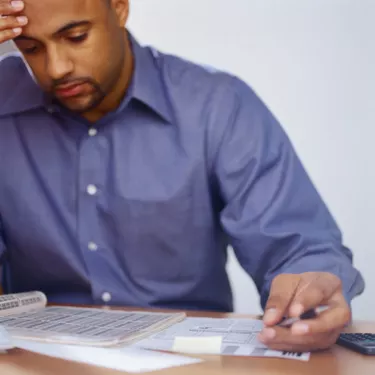
Residential property taxes are calculated annually for the purpose of raising tax revenue for New Jersey's local governments, including the county, municipality, and school district. All real property is assessed in New Jersey according to the same standard of value, except for qualified agricultural or horticultural land. This standard measure of property value is known as "true value" or "market value," defined as what a willing, knowledgeable buyer would pay a willing, knowledgeable seller in a bona fide sale as of October 1. Local assessors and tax collectors are responsible for administering the tax.
Step 1
Find your residence's assessed property value on the assessment notification mailed to you by your New Jersey certified local tax assessor. For instance, you purchased your home for $200,000 but the assessment notification says your residence has been assessed at $190,000.
Video of the Day
Step 2
Find the general property tax rate for the municipality where your residence is located. Contact your municipal government or the local tax collector to obtain this information. You can also view this information online if your municipality has a website.
Step 3
Multiply your residence's assessed value by the general property tax rate. New Jersey law requires that property taxes be charged to real property at a dollars and cents rate per hundred dollars of assessed value. For instance, if your home is assessed at $190,000 and your general property tax rate is $2.25, then your residence's total tax assessment for the tax year would be $4,275 ( $2.25 X [190,000/100] = $4,275).
Video of the Day